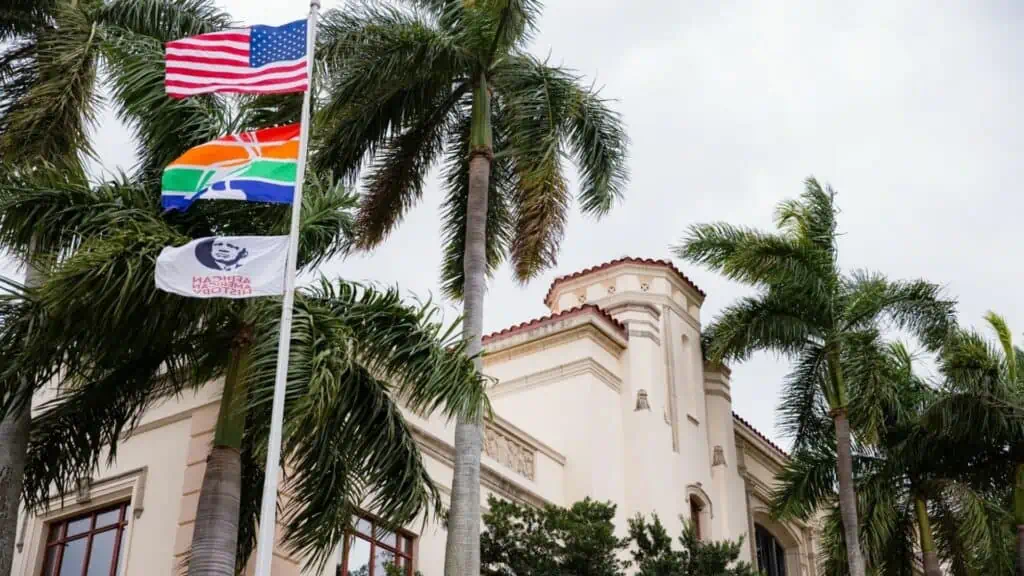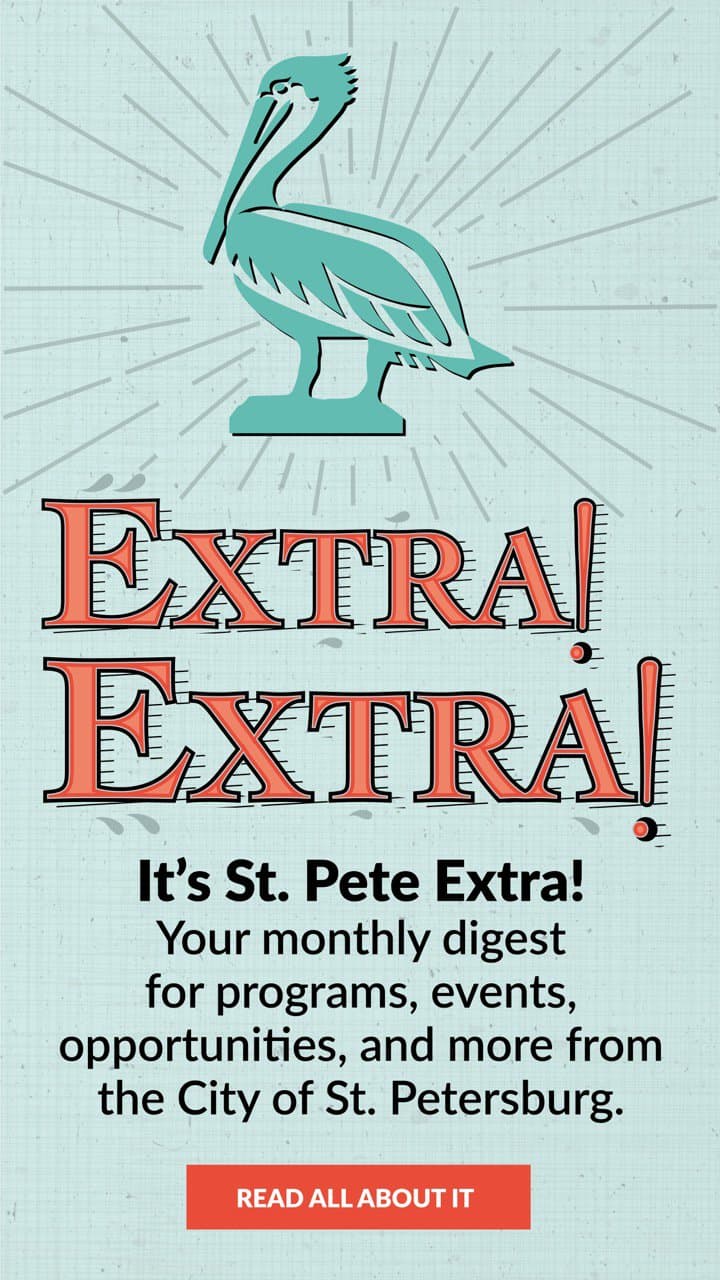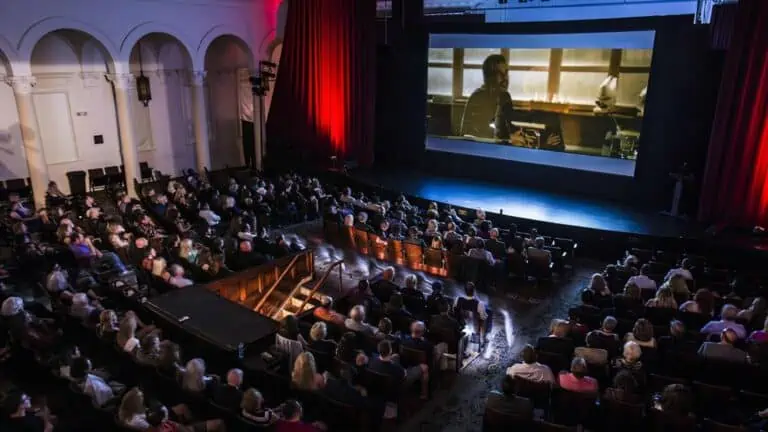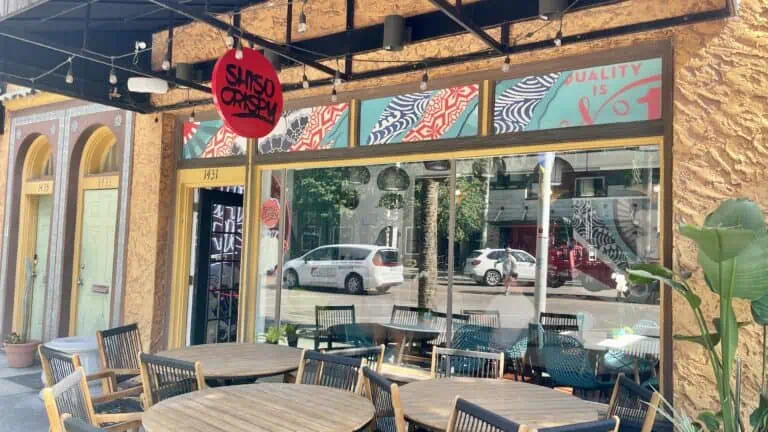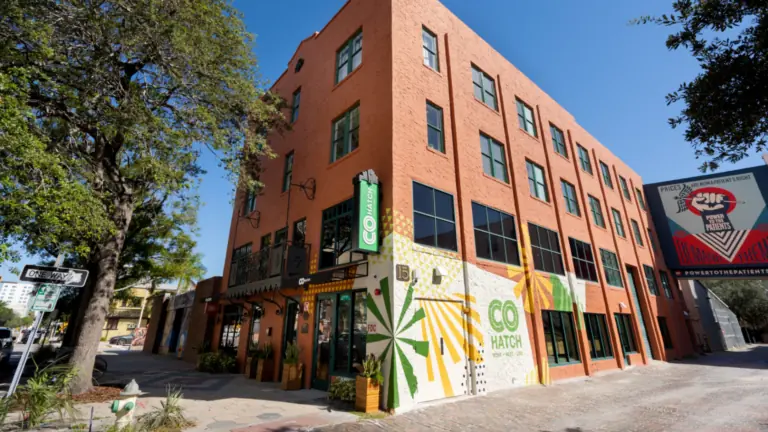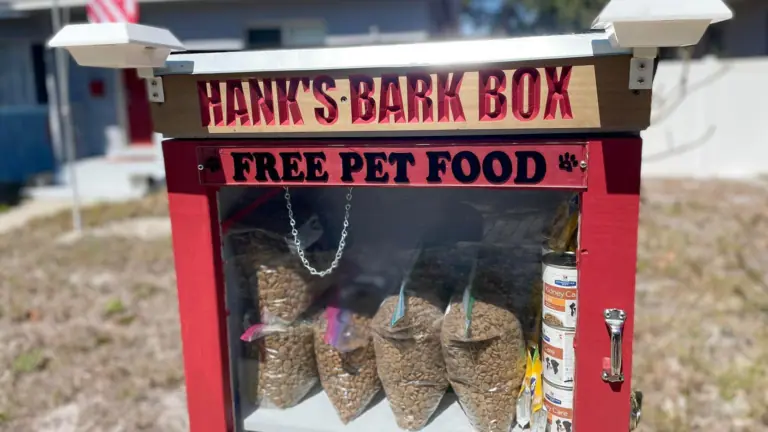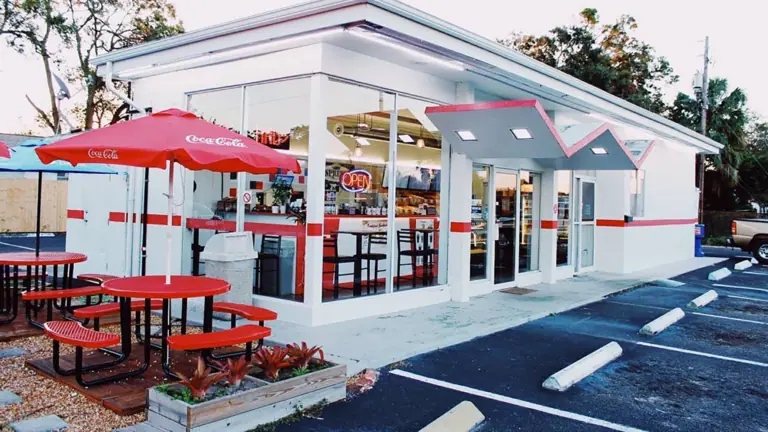On Tuesday, November 8, Americans across the country will head to the polls to elect state leaders. And in addition to voting for elected officials, St. Pete residents will also see four local issues on their ballots, with two charter amendments and two referendums up for vote.
Those four local issues include rescheduling city elections to coincide with the presidential election; changing city council residency requirements as affected by redistricting; approving a lease amendment that would allow the Dali Museum to expand; and giving City Council the ability grant property tax exemptions for new or expanding job-creating businesses.
ADVERTISEMENT
The city has provided a number of resources to help citizens educate themselves on the issue, and sample ballots can be found at votepinellas.gov. For a tastier and more interactive way to learn about the state and local measures, our friends at the St. Petersburg Area Chamber of Commerce are hosting “St. Pete Scoop: What’s On My Ballot?” this Tuesday, October 18, from 5:30-7 pm at SPC’s downtown campus, where local officials and other area experts will hold a free panel discussion. Plus – free ice cream from Small Batch Creamery.
In order to help better understand these local ballot questions, we’re looking at what each one entails, in the order they appear on the ballot, along with information from the city on what exactly would change if the measure were to pass.
Charter Amendment #1: Rescheduling St. Pete municipal elections
The current city charter mandates that elections for Mayor and City Council take place on odd-numbered years. Voting yes would move those elections to even-numbered years, beginning in 2024, where it would coincide with the national presidential election.
ADVERTISEMENT
Pros: Would likely increase voter turnout; would provide early voting at no additional cost and reduce costs to the city; would likely enhance awareness of local elections.
Cons: Would likely increase the cost of running ads for local elections, potentially pricing out candidates; Could increase partisanship of local elections, despite city elections not being party-affiliated.
What would change, according to the city:
- Elections for Mayor and City Council Members would be rescheduled to occur in even-numbered years, in conjunction with national and state elections, beginning in 2024.
- Intended to increase voter turnout, provide early voting at no additional cost and reduce costs to the City.
- Term of current City elected officials would be extended by approximately one year to accommodate the change in schedule, without affecting term limits.
Charter Amendment #2: City Council residency requirements
With St. Pete in the middle of re-districting, this amendment would address what happens when elected City Council members and future City Council candidates have their district changed. Voting yes would allow active City Council members to finish their term if their district is changed while they are in office, and it would allow future City Council candidates to fulfill the 12-month district residency requirement through a combination of the previous and new districts.
What would change, according to the city:
- Allow for City Council candidates to satisfy the 12-month residency requirement through a combination of residency within new and previous district boundaries if redistricting occurs during that 12-month period. But candidates must still reside within the new boundaries by the time of qualification to run for office.
- Allow affected Council Members to complete their current terms following redistricting as long as they maintain residency within previous or new district boundaries. But running for re-election would require establishing residency within the new boundaries.
Referendum Question #1: Dali Museum lease amendment
The Dali Museum has plans to expand, but a portion of the land they want to build on, which is currently part of the museum parking lot, is not included in the museum’s 99-year lease with the city. Voting yes would add this strip of parking lot to the lease, allowing The Dali to move forward with its expansion plans. You can read our full breakdown of this referendum here.
What would change, according to the city:
- An amendment to the lease would add additional City-owned property to the lease to allow the construction of a Museum expansion.
- Amendment conditions would address insurance, indemnity and coordination; operation of the Mahaffey Theater and the Grand Prix; and future development of the surrounding Center for the Arts.
- The amendment would NOT extend the duration of the lease or require City funding for the expansion.
Referendum Question #2: Economic development tax exemptions
Voting yes on this measure would give St. Petersburg City Council the ability to grant ad valorem property tax exemptions for new and expanding businesses, in situations where the new or expanded businesses are creating a minimum number of new jobs in the city.
What would change, according to the city:
- Allow for City Council to grant property tax exemptions to new businesses and expansions of existing businesses that will create a specified number of new, full-time jobs in St. Pete.
- Businesses must apply for an exemption by filing a written application that includes a description of the proposed improvements and the number of jobs that are expected to be created, along with the average wage of the jobs.
- Exemptions would be granted on a case-by-case basis through City Council’s adoption of an ordinance, which requires reading of the title at two separate meetings and a public hearing.
- Exemptions can be approved only for the assessed value of improvements and the associated increase in value for tangible personal property. Accordingly, taxes would still be owed on the value of the underlying land and on pre-existing improvements and tangible personal property.
- Exemptions on the assessed value of improvements and the associated increase in value for tangible personal property may only be granted for a maximum of 10 years. Following the expiration of the exemption, the full value of the ad valorem taxes on the improvements and tangible personal property would be received by the City.
ADVERTISEMENT






